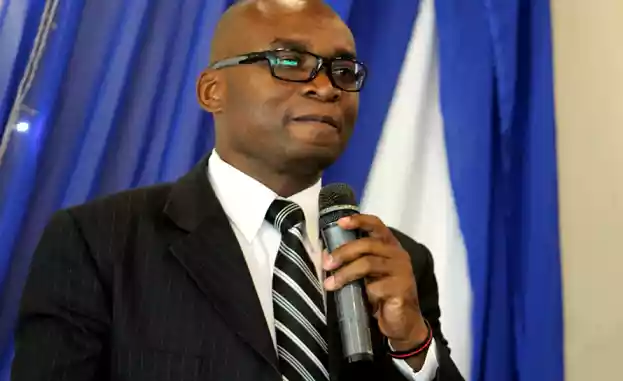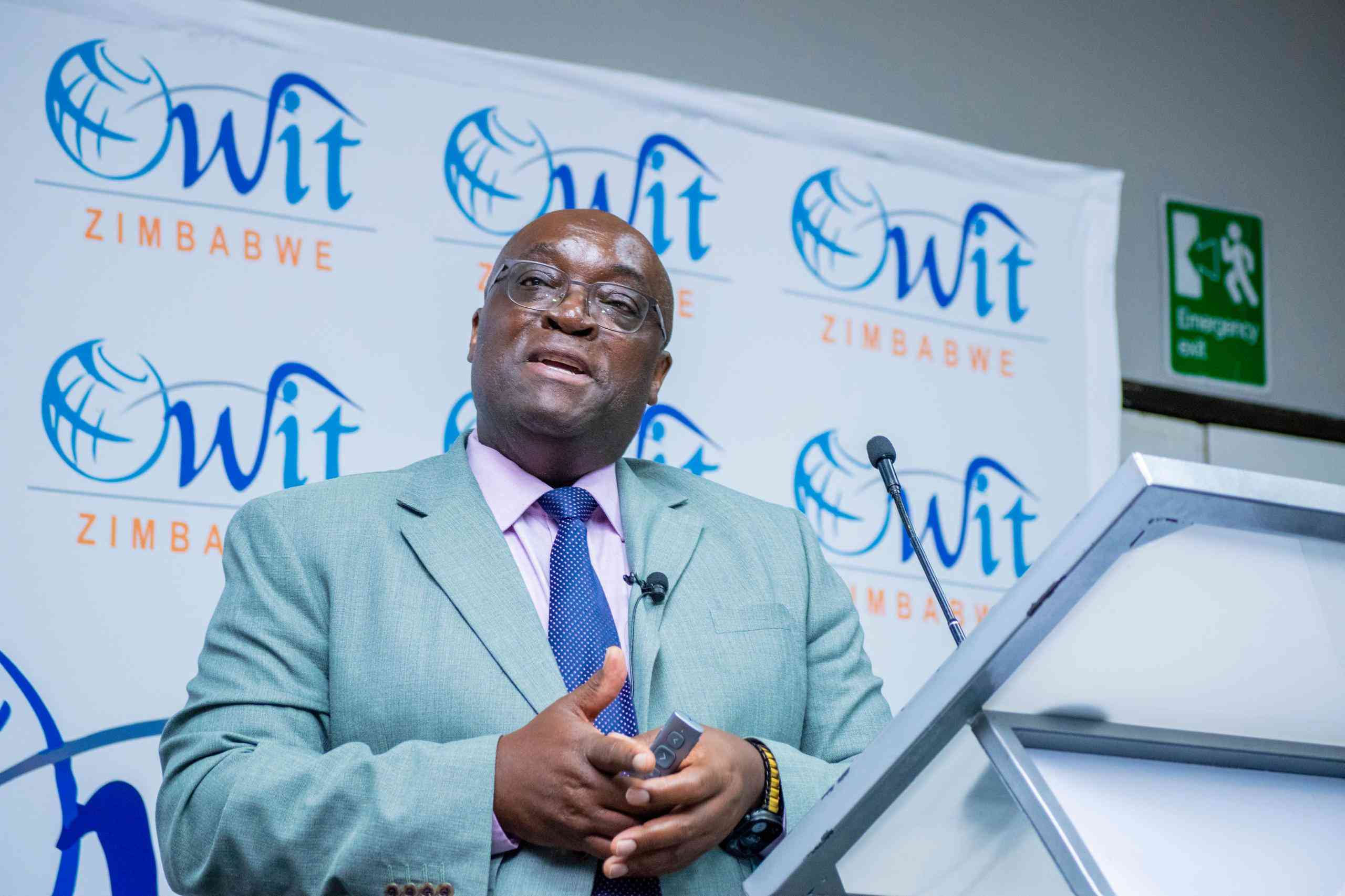
Zimbabwe has started measuring inflation using a weighted average of items priced in Zimbabwe dollars and US dollars as the country inches closer to re-dollarisation.
Finance minister Mthuli Ncube a week ago introduced Statutory Instrument 27/2023 that made the blended consumer price index as the new determinant for gauging inflation statistics.
To understand the new dynamics our senior business reporter Tatira Zwinoira (TZ) spoke to Zimbabwe Economic Society (ZES) president Nigel Chanakira (NC) on the sidelines of a discussion on de-dollarisation.
Chanakira also spoke on other developments in the Zimbabwean economy. Below are excerpts from the interview.
TZ: Can you give us a brief on what was discussed with the Reserve Bank of Zimbabwe governor John Mangudya at the ZES gathering?
NC: The issue is that there's been a lot of debate around dollarisation and de-dollarisation.
I don't think the governor ever provided a very clear landscape because even when we called him and said come and address us around the dollarisation and de-dollarisation, he was a bit upset.
He said, ‘You guys don't understand and maybe I haven't articulated it well.’
- Rampaging inflation hits Old Mutual . . . giant slips to $9 billion loss after tax
- Monetary measures spur exchange rate stability: RBZ
- Zim deploys IMF windfall to horticulture
- Banker demands $21m from land developer
Keep Reading
And today, he actually came and articulated it well.
TZ: What did he say?
NC: Essentially, he said, we were on a programme of de-dollarisation, we were on a programme of multicurrency and that maybe we started off on the wrong footing to almost target a route towards de-dollarisation.
But, the behaviour of the economic agents right now tells us that we cannot hurry to that destination called mono-currency.
We can't speed it up because it's a sign of the behaviours of people.
If people don't have trust, they don't have confidence and if exogenous factors are in play, we can't.
In fact, we can't even afford to talk about dollarisation.
So, as far as he is concerned, that whole argument is debunked, it doesn't work and it will not work simply because it is not sustainable.
What is he then saying?
He's saying we will carry on with multi-currency and when we carry on with multi-currency, it is the confidence and credibility that we earn ourselves as Zimbabweans that we can have that mix.
And, we will carry on allowing people to pay using the US dollar or Zimbabwe dollar.
But, we are now measuring the key condition which is price stability, financial sector stability, and also macroeconomic stability.
His policy stance was very clear. He, as the Reserve Bank governor, says they are not engaged in quasi fiscal activities.
TZ: Even though the International Monetary Fund and the World Bank keep saying they are engaged in such activities?
NC: He says they're not and he says the gold coin, which if you read that IMF statement, is a preservation option for the preservation of value.
But he is not printing money.
He has also killed Zamco (Zimbabwe Asset Management Corporation Private Limited).
Zamco is dead and buried and he will not resurrect it, being that he learned that it doesn't work.
So, what he wants is that he doesn't fund the government.
He's not printing money to fund the government that's what he is saying.
He is more focused on price stability which is why when concluding we said we do not have all the stakeholders on board and the classic example is with the people that were online (during the breakfast meeting) because the online persons were represented by the guy who said, 'I am going to Mbare, where the real market is.’
And we are saying if they constitute 70% of the entire market, they've got to be at the table in the conversation.
Because we've informalised, if the manufacturer is selling Zimbabwean goods in both the formal market and the informal markets, his hypothesis is the two are actually integrated.
That means it's not a dual economy, which is then interesting.
So, what we are then saying is we want that informal trader at the table.
We need the manufacturer at the table because he's playing the market both formal and…
TZ: Informal?
NC: Informal, yes. Then we are also saying we want the retailer at the table.
Why? Because of the pricing model… We, as the Economic Society, held a meeting in November that included the Consumer Council of Zimbabwe.
We were saying price anything, be it fuel, bread, the mealie meal, and flour, why is it they are highly priced?
Are these guys too greedy?
The margins are too big so how do we kill this thing called inflation?
And with inflation, by the way, we are saying yes, it may be going down from hyperinflation to 92%, which is what we've been told it is, but we’re saying we now bring in a blender.
TZ: Yeah, but it's a different calculation.
NC: Yeah, it's a different calculation, but in truth we know, you and I, it's a real rate because we are buying as consumers using both US dollars and Zimbabwe dollars.
So, that is your inflation benchmark from a statistician’s point of view or an econometrician’s point of view.
It's correct to have a blended rate because that's more reflective of reality, but the point that was made clear by Dr (Lovemore) Kadenge was it's still high because it's one thing to say inflation is going down, however, is it negative?
And what we want is not only a deceleration of inflation, but it must be negative and then comparable because we need to compete as a nation and our exports need to be competitive.
When importers come and supply goods and services on our shelves, they must be priced in a way where our domestic producers can remain competitive.











